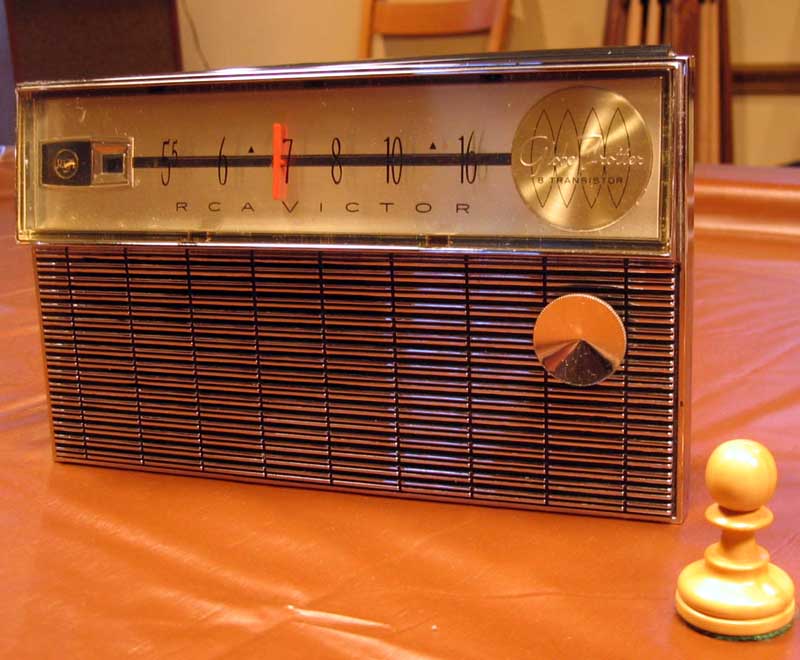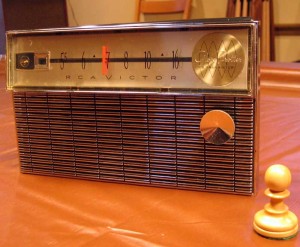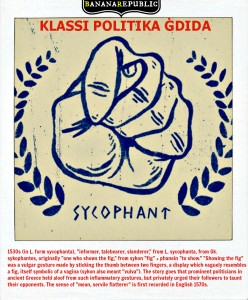 I have this thing I do every time I get to New York. As soon as I have plonked my bags into my hotel room I rush out again and head for that one iconic landmark – Times Square. Maybe it is because it allows me to absorb the reality of having got to the Big Apple having crossed the ocean that divides us. I admit it is trash touristy in all sort of ways but there is something about standing in the middle of Times Square in broad daylight with all the signs flashing at you, with all the tourists transiting in front of you and with the inevitable Times Square safety agent walking up to you and asking where you are from. It is only after those five minutes absorbing the atmosphere that your real check-in has taken place.
I have this thing I do every time I get to New York. As soon as I have plonked my bags into my hotel room I rush out again and head for that one iconic landmark – Times Square. Maybe it is because it allows me to absorb the reality of having got to the Big Apple having crossed the ocean that divides us. I admit it is trash touristy in all sort of ways but there is something about standing in the middle of Times Square in broad daylight with all the signs flashing at you, with all the tourists transiting in front of you and with the inevitable Times Square safety agent walking up to you and asking where you are from. It is only after those five minutes absorbing the atmosphere that your real check-in has taken place.
Ever since the beginning of history, the social aspect of man has manifested itself strongly in our squares. The Greek philosophers had their agora which was the fulcrum of the city’s life. Interestingly the very linguistic origins of the word agora are to be found in two Greek verbs meaning “I speak in public” and “I shop”. That sounds like something out of Steve Job’s portfolio : iShop, iSpeakInPublic. The less romantic Romans would use their squares in order to make public and martial announcements -the famous Twelve Tables of early Roman life were affixed in a public place for all to know the law (and to abide thereby). Similarly Hammurabi’s famous stele bearing his laws would have been placed in a public forum – ignorance of the law was no excuse.
Closer to home our lives in our Mediterranean communities are strongly linked to the pjazza. A sense of patriotism would have me wax lyrical about our village squares and their churches and kazini but I do not have to restrict myself to the confines of our island. Spain and Italy are the prime examples of the plaza/piazza. The centrality of the square to the life of a town is incredible. I remember walking through the bare streets of some basque towns in the middle of August. Not a soul anywhere but all the roads lead to the square – and even a silent, empty square carries the whispers of the hustle and bustle that will inevitably fill it at the milder, cooler times of the day.
We take the physical distribution of our pjazzez for granted. The Don Camillo/Peppone traits are still there to see – no amount of urban restyling can easily wash away the vibrant dynamics between the church, the kazini and the titotla. Some pjazzas may have a pharmacy (rare), a hairdresser (often), a Local Council (rarer) or a grocer (quite common) but the triptych of church – band club – political party tends to form some kind of blueprint. Within that blueprint lie other minor blueprints such as the physical extension on the front of a church – iz-zuntier (the parvis) that acts as a very physical line of demarcation between the divine and the profane. An historic leftover of the past are a few “Non gode di immunità ecclesiastica” signs – a reminder that the demarcation line often spilled into the legal when church and state actually had conflicting jurisdictions on matters temporal.
The sense, the spirit of a piazza is not a sum of its physical parts. The spirit of the piazza can only be understood by observing the way it is filled and emptied. This post is inspired by a question on facebook: What makes a piazza fake? Can an open space with an urban context ever be a fake piazza as opposed to the real thing? One last aside: reading about Manhattan I learnt that since Broadway existed before the grid pattern was designed for the rest of the avenues and streets, what was done was that wherever Broadway crossed an avenue they created a square. Thus Times Square, Herald Square, Shake Shack’s Madison Park and Union Square. Growing up New York was not built around a square or squares – they seem to have been an accidental addition. There is no Kremlin or Trafalgar Square – there is a huge version of Picadilly Circus.
It may be unfair to apply the concept of the piazza, plaza and agora to the great metropolis – then again we have seen very recently how squares from Tiananmen to Plaza Mayor to Maidan (passing through most of the Maghreb and Tahrir) still play an important role in sending powerful messages. The day two popes were made Saints one million people thronged towards a world famous square that is only useful for such occasions before reverting to an empty vast space until the next great event.
So. Fakeness? What are these “plazas” that are constructed into modern mega buildings. Tigne Point and soon Pender Place will both have their little squares full of token bistros, coffee shops serving the panoply of caffeine hits and possibly a baker (in the Chez Paul tradition that hit continental Europe and the US). Sure, people will congregate and make use of the amenities. There is something sad about hanging around these concrete replicas when you are a stone’s throw away from a bar by the seaside. Will the bistros fulfill the same role as your average kazin complete with grapevine gossip? Somehow I find it hard to believe that the spirit of Tapie’s Bar in Victoria can be transplanted to the core of Pender Place. I also doubt it is the intention of the architects to do so.
The heartbeat of the “fake plaza” is commercial convenience and there is little of the social interaction. All the umbrella’d tables and sandwich stores in the world could not rekindle the civic feeling and heartbeat that a piazza conserves so nonchalantly. Let’s face it… I doubt this song could have been written on a trendy table at Tigne Point… at least not this one…









